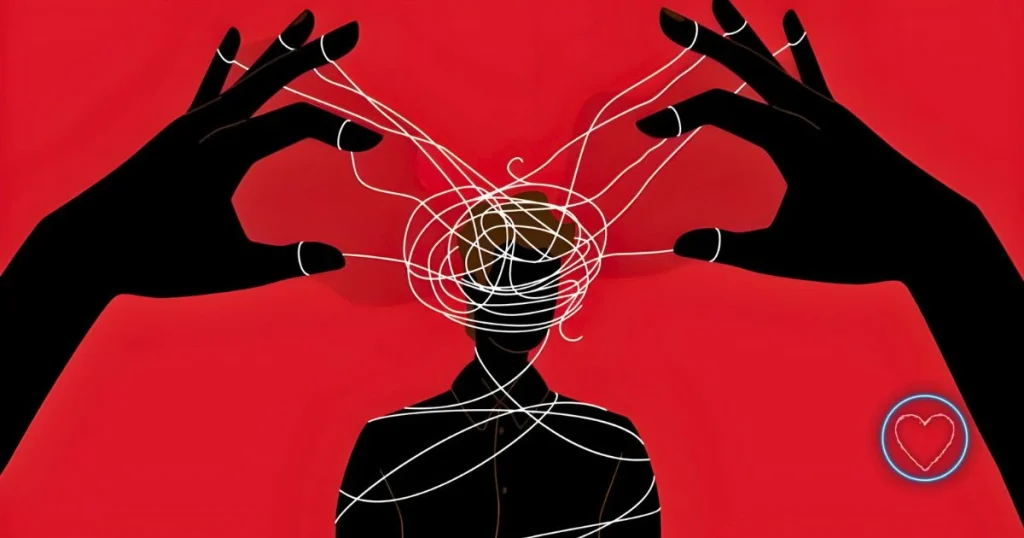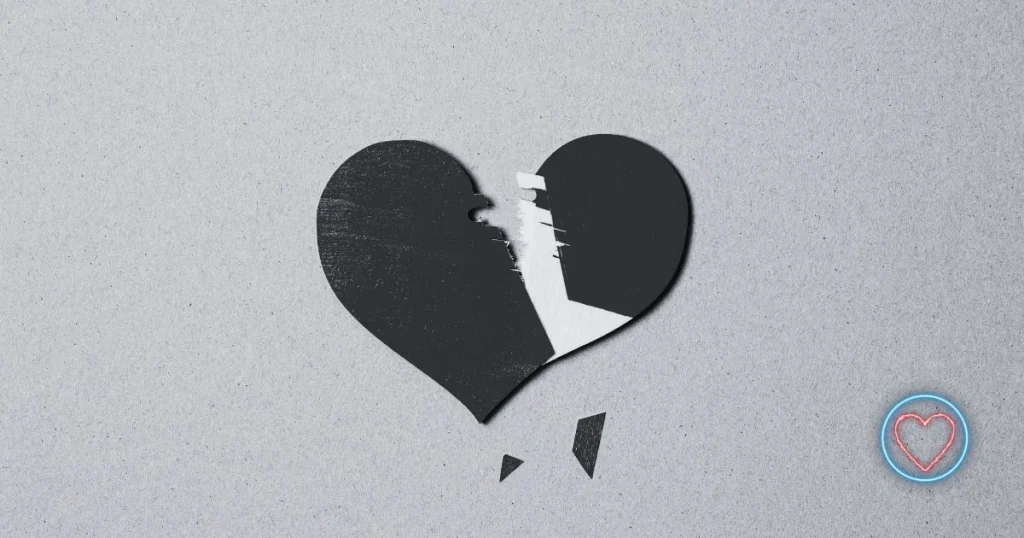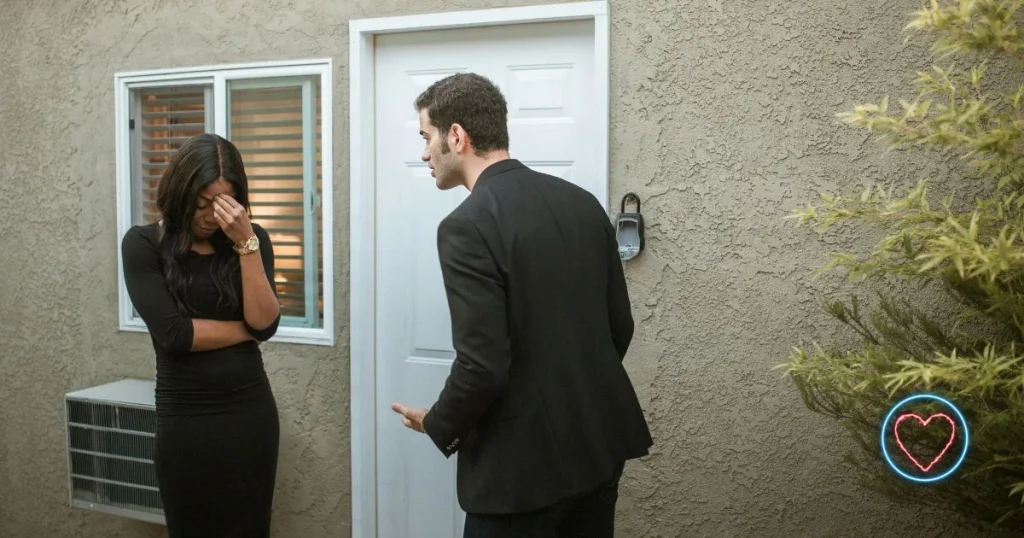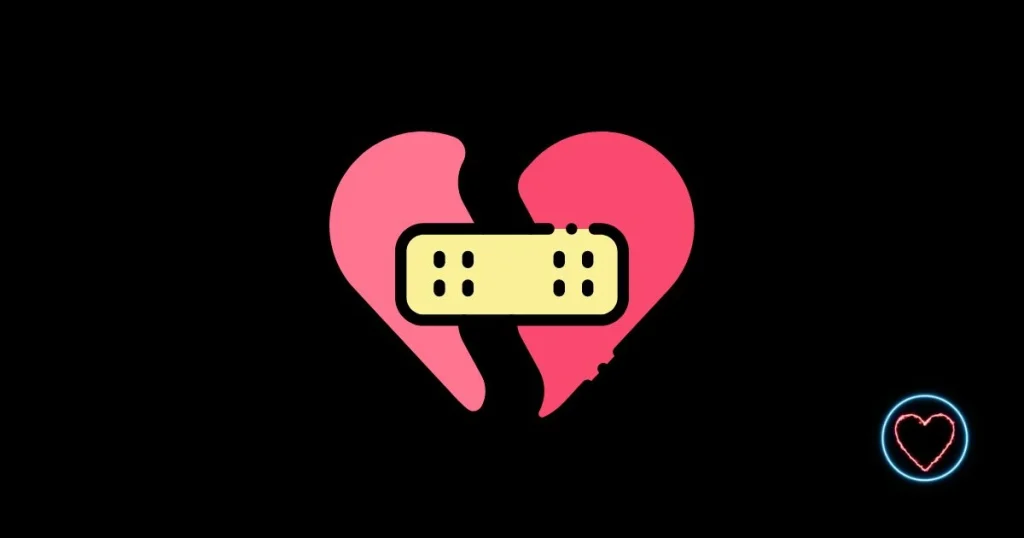In the age of modern relationships, dating dynamics keep evolving — often in unsettling ways. While terms like ghosting, breadcrumbing, and love bombing have gained mainstream attention, a more subtle, yet equally damaging trend has emerged: quiet dumping.
Unlike ghosting, where one partner suddenly cuts off all communication, quiet dumping is far more insidious. It’s not about disappearing — it’s about staying physically present while emotionally withdrawing. Your partner may still be around, but they’ve already mentally and emotionally exited the relationship.
The question is: is it happening to you right now?
Let’s explore this rising phenomenon, its red flags, psychological roots, and how to protect yourself if you suspect you’re being quietly dumped.
What Is Quiet Dumping?
Quiet dumping occurs when one partner slowly distances themselves emotionally while remaining in the relationship, often out of fear, guilt, or convenience. They’re no longer invested but don’t want to initiate a breakup.
In many cases, they hope you’ll eventually take the hint and end things first. That way, they avoid the uncomfortable task of breaking up while protecting their image and avoiding confrontation.
It’s essentially an emotional exit strategy disguised as passivity.
Why Quiet Dumping Is Rising in 2025
The rise of quiet dumping can be linked to several modern relationship dynamics:
1. Avoidant Attachment Styles
With many people struggling with avoidant attachment issues, quiet dumping offers a low-conflict escape route. Instead of facing difficult conversations, avoidants detach quietly, hoping the relationship dissolves on its own.
2. Fear of Accountability
In a world where every breakup can be scrutinized on social media, some individuals avoid being seen as “the bad guy.” Quiet dumping allows them to preserve their image while shifting blame onto the other partner.
3. The Paralysis of Choice
With dating apps offering endless options, some people hesitate to fully commit or break up. They keep one foot in the relationship while scanning for “something better” without making any definitive move.
4. Emotional Immaturity
Many simply lack the emotional tools to handle tough conversations. Instead of addressing dissatisfaction openly, they retreat into silence and detachment.
15 Subtle Signs You’re Being Quietly Dumped
Quiet dumping is rarely obvious at first. Here are some of the most common signs:
1. Reduced Communication
Texts become shorter. Calls are less frequent. Conversations feel forced. They respond, but without genuine engagement.
2. Emotional Flatlining
Their emotional investment declines. Compliments, affection, and vulnerability disappear. You feel like you’re talking to a wall.
3. Lack of Future Planning
They no longer talk about future plans or shared goals. The “we” language turns into “I.”
4. Chronic Busyness
Suddenly, they’re always “too busy” to spend quality time together. Work, friends, or hobbies take priority.
5. Withholding Affection
Physical intimacy may decline or vanish altogether. Even small gestures like holding hands or random kisses stop.
6. Diminished Conflict Resolution
They avoid arguments entirely or respond with indifference when conflicts arise. There’s no effort to fix issues.
7. Increased Irritability
Minor disagreements trigger outsized annoyance. Their patience with you has noticeably shortened.
8. Social Disconnection
They stop inviting you to events, introduce you less to friends, or exclude you from family functions.
9. Secretive Behavior
You notice increased secrecy with their phone, social media, or daily schedule.
10. No More “Check-ins”
They stop asking about your day, feelings, or concerns. Emotional check-ins disappear.
11. Lack of Emotional Availability
They no longer share personal thoughts, worries, or dreams with you.
12. Low Energy During Interactions
They appear distracted, disengaged, or bored when spending time together.
13. Minimal Effort in Appearance
They stop caring about how they look around you, signaling emotional detachment.
14. Reduced Support
They no longer show interest in supporting your personal goals, passions, or struggles.
15. Gut Feeling of Emotional Absence
Perhaps most telling — your intuition whispers that something has changed. You feel deeply alone, even when you’re together.
The Emotional Toll of Quiet Dumping
Quiet dumping isn’t just hurtful — it’s emotionally destabilizing.
Unlike a clear breakup, where both partners know where they stand, quiet dumping traps you in limbo. You’re left questioning your worth, sanity, and reality.
- You feel responsible: You may blame yourself for the growing distance, wondering if you’re doing something wrong.
- You experience self-doubt: Mixed signals leave you second-guessing whether your concerns are valid.
- You suffer emotional exhaustion: Constantly trying to “win them back” or reignite the spark drains you.
In many cases, quiet dumping can feel more painful than a clean breakup because the ambiguity prolongs your suffering.
Why Some People Choose Quiet Dumping Over Honesty
You may wonder: why not just break up directly?
The reasons often boil down to emotional cowardice, conflict avoidance, and self-preservation:
- Fear of guilt: They don’t want to hurt your feelings directly.
- Fear of confrontation: They dread the emotional intensity of a breakup conversation.
- Desire to control the narrative: They hope you’ll end things, allowing them to appear blameless.
- Uncertainty: They’re not sure if they truly want to break up, so they emotionally detach while keeping the door slightly open.
- Convenience: They enjoy certain aspects of the relationship (companionship, comfort, financial support) while no longer feeling romantic attachment.
Is Quiet Dumping Emotional Abuse?
While not always intentional, quiet dumping can have abusive undertones. It involves emotional neglect, manipulation, and psychological control.
- Neglect: Your emotional needs go unmet.
- Manipulation: You’re made to question your reality.
- Control: They control the relationship dynamic without clear communication.
At its worst, quiet dumping can create emotional trauma comparable to gaslighting or stonewalling.
How to Respond If You Suspect Quiet Dumping
If you’re seeing the signs, take back your emotional power by addressing it directly:
1. Communicate Your Observations
Don’t make accusations. Instead, share your feelings and observations. For example:
“I’ve noticed we’ve been distant lately, and I feel like we’re emotionally disconnected. Is everything okay between us?”
2. Observe Their Reaction
- A mature partner will acknowledge your concerns, open up, and work toward solutions.
- A quiet dumper may deflect, deny, or dismiss your feelings entirely.
Their response often reveals where they stand.
3. Set Boundaries
If your emotional needs continue to be neglected, set clear boundaries for what you expect in the relationship. Boundaries protect your mental health.
4. Decide If You Want to Stay
If your partner refuses to engage or change, you may face a difficult choice: stay in limbo or choose to walk away and protect your well-being.
Remember, you deserve reciprocity, emotional safety, and respect.
How to Heal After Quiet Dumping
Recovering from quiet dumping requires intentional healing:
- Validate your experience: Your feelings are real and valid.
- Resist self-blame: Their emotional exit isn’t a reflection of your worth.
- Seek support: Talk to trusted friends, family, or a therapist.
- Rebuild your self-trust: Reconnect with your intuition and confidence.
- Redefine your standards: Clarify what healthy love looks like moving forward.
With time, you’ll emerge stronger, wiser, and more attuned to red flags.
Can Quiet Dumping Be Reversed?
Sometimes, yes — but only if both partners acknowledge the problem early and commit to rebuilding intimacy.
Reversing quiet dumping requires:
- Honest conversations
- Couples counseling
- Vulnerability from both sides
- A willingness to address underlying issues
However, if your partner remains avoidant or emotionally unavailable, it’s often healthier to let go.
The Rise of Quiet Dumping Reflects a Bigger Problem
The growth of quiet dumping exposes a troubling truth: many people lack the emotional maturity to end relationships respectfully.
Our hyper-digital world has created a generation skilled at avoidance. Tough conversations feel scarier than disappearing or emotionally retreating. But the cost of this avoidance falls heavily on the person left behind.
Healthy relationships require courage — the courage to be honest, vulnerable, and accountable.
Final Thoughts: Trust Your Inner Radar
Quiet dumping thrives in the fog of ambiguity. But your heart often knows the truth long before your mind accepts it.
If you feel consistently disconnected, neglected, and emotionally starved — listen to that feeling.
A healthy relationship won’t leave you guessing. You deserve clarity, emotional safety, and mutual investment. If your partner can’t provide that, you’re better off freeing yourself from the slow, painful erosion of quiet dumping.
Because real love doesn’t vanish quietly — it shows up every day.




















